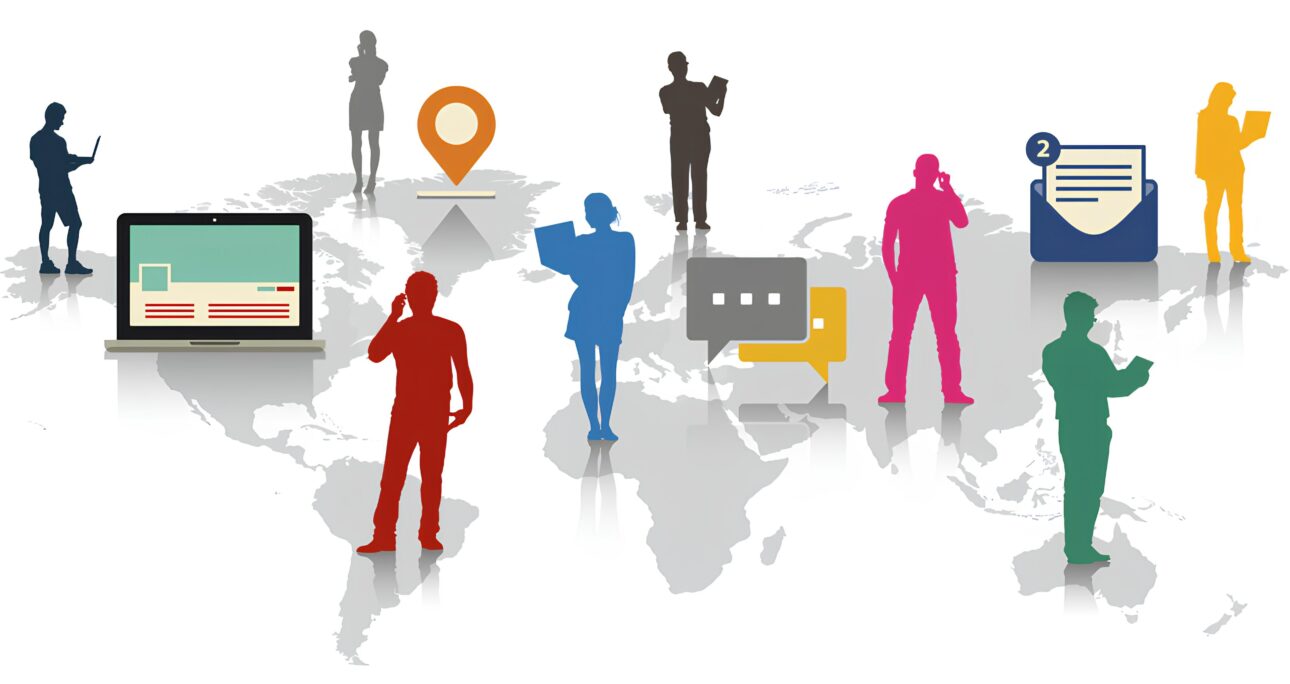In today’s interconnected world, businesses are no longer limited by geographical borders. The benefits of a global workforce have become a game-changing strategy for organizations aiming to innovate, diversify, and grow. By leveraging talent from around the world, companies can expand their operational capabilities and gain a competitive edge in an increasingly globalized market.
Enhanced Diversity and Innovation
Embracing Different Perspectives
A global workforce brings together individuals from diverse cultural backgrounds, fostering a rich tapestry of perspectives. This diversity fuels creativity and innovation, allowing businesses to approach problems with a fresh lens and develop groundbreaking solutions.
Strengthening Problem-Solving
Teams with varied cultural insights are better equipped to tackle complex challenges. Their collective knowledge and distinct approaches contribute to enhanced problem-solving capabilities, ultimately boosting the quality of work produced.
Access to a Larger Talent Pool
Overcoming Local Talent Shortages
Hiring globally enables organizations to tap into a wider pool of skilled professionals. This is particularly valuable for industries facing talent shortages in specific regions.
Specialized Expertise
By recruiting from various countries, companies can access specialized skills that may not be readily available locally, ensuring that projects are handled by the best talent in the field.
Cost Efficiency: Unlocking the Benefits of a Global Workforce
Optimizing Labor Costs
Hiring from different regions allows businesses to optimize labor costs by taking advantage of varying living expenses and salary expectations in different parts of the world. This strategy helps allocate resources more efficiently.
Increased Operational Flexibility
Employing remote teams globally for remote work often reduces overhead costs, such as office space and utilities. Flexible remote work arrangements further contribute to significant cost savings.
Round-the-Clock Operations
Capitalizing on Time Zone Differences
A distributed workforce enables businesses to operate across multiple time zones, ensuring continuous productivity. Teams in different regions can seamlessly handle tasks and meet deadlines without delays.
Improved Customer Support
Global teams allow for 24/7 customer service, catering to clients in different time zones and enhancing overall customer satisfaction and loyalty.
Improved Cultural Competence
Building Global Market Understanding
Having employees from diverse backgrounds offers invaluable insights into different cultures and markets. This helps businesses tailor their products, services, and marketing strategies to resonate with global audiences.
Strengthening Cross-Cultural Communication
Working within a global workforce fosters an inclusive culture that bridges communication gaps and promotes mutual understanding among employees.
Increased Business Resilience
Navigating Economic Instabilities
A geographically dispersed workforce provides stability during economic downturns in specific regions. Businesses can redistribute resources and operations to areas with a more favorable economic climate.
Mitigating Risk
Diversified teams act as a safeguard against risks associated with political, social, or environmental factors in a single region, ensuring consistent operations.
Boosted Employer Branding
Attracting Top Talent
Organizations that embrace a global workforce are seen as progressive and inclusive, making them more appealing to top-tier professionals seeking dynamic and diverse workplaces.
Enhancing Reputation
A commitment to diversity and inclusivity strengthens a company’s reputation, attracting customers, partners, and investors who value these principles.
Conclusion
Incorporating a global workforce is more than a business strategy; it’s a pathway to sustainable growth and innovation. By embracing diversity, accessing a vast talent pool, and achieving cost efficiency, organizations can position themselves as leaders in their industries. The future of work is global, and companies that harness the benefits of a global workforce will undoubtedly thrive in an interconnected world.





